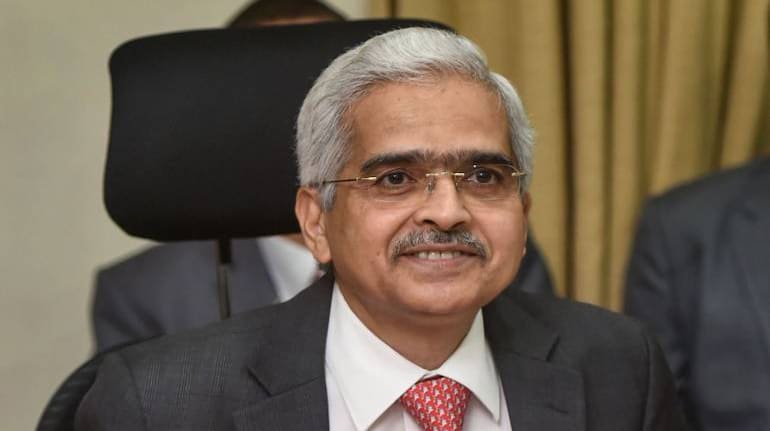
Will the Yes Bank’s collapse and mega bail-out that followed by half of the banking industry become the trigger to create India’s first resolution corporation to rescue failed banking institutions? In his remarks at the State Bank of India (SBI) conclave on banking and finance on July 11, Reserve Bank of India (RBI) governor Shaktikanta Das seems to be backing the idea. Let’s take a closer look at his statement:
“Going forward, we need a legislative backing to have some kind of a resolution corporation which has to deal with resolution and revival of stressed financial firms,” Das said answering a question by SBI Chairman, Rajnish Kumar. A resolution corporation, as the name suggests, provides the required equity capital and liquidity support to stressed or failed institutions, including banks and will have legislative backing to do so.
SBI and a clutch of other private sector banks bailed out Yes Bank early in 2020 after the government and RBI had jointly formulated a Yes Bank reconstruction scheme. Yes Bank failed on account of alleged financial irregularities perpetrated by the founder and former CEO Rana Kapoor and a massive spike in bad loans. As a part of the bail-out, the RBI appointed former SBI executive Prashant Kumar as administrator of the bank, who took charge as CEO later.
Rajnish Kumar’s question on resolution corporation was in the context of Yes Bank bail-out. After the bail-out, a debate ensued on whether SBI should have been ‘forced’ to bail out the bank by putting good money after the bad or whether Yes Bank should have been merged with SBI outright. The jury is still out on this matter.
Das said, in the case of Yes Bank, the RBI tried for a market-based resolution to save Yes Bank by bringing in private investors. When that did not materialize, with a view to save the depositors’ interest and without adversely impacting the balance sheet of any participating bank, the RBI worked out a scheme after a lot of consultation with the banks involved in the process, Das said.
Explaining the logic that supports creation of a resolution mechanism further, the RBI governor said, regulators can flag early risks and continue to interact with the management of banks and NBFCs but there has to be a legally backed arrangement.
“Our primary focus is now to monitor and identify vulnerability in the very incipient stage, interact with the management and ask them to take necessary measures. But, the bigger responsibility lies with banks and financial institutions,” the RBI governor said.
Why a resolution corporation is important?
Das’ comments are significant in the context of vulnerabilities building up in the financial system among banks and NBFCs. In the last two years, the financial system has witnessed crisis situations in some large institutions including Infrastructure Leasing & Finance Services, DHFL and Yes Bank. Besides that there have been a number of cases in the co-operative banking sector including the case of Punjab and Maharashtra Co-operative (PMC) Bank. Das said the RBI is still engaged with all stakeholders to find a workable solution to save PMC bank. The stress levels of financial institutions are likely to increase in the wake of Covid-19.
Not a new idea
In fact, the idea is not new. Creation of a resolution corporation was one of the proposals in the 2017 FRDI Bill but ultimately the concept didn’t take off due to lack of consensus.
The FRDI Bill had the following key points on the corporation:
a)The Resolution Corporation will monitor financial firms, anticipate risk of failure, take corrective action, and resolve them in case of such failure. The Corporation will also provide deposit insurance up to a certain limit, in case of bank failure.
Discover the latest business news, Sensex, and Nifty updates. Obtain Personal Finance insights, tax queries, and expert opinions on Moneycontrol or download the Moneycontrol App to stay updated!